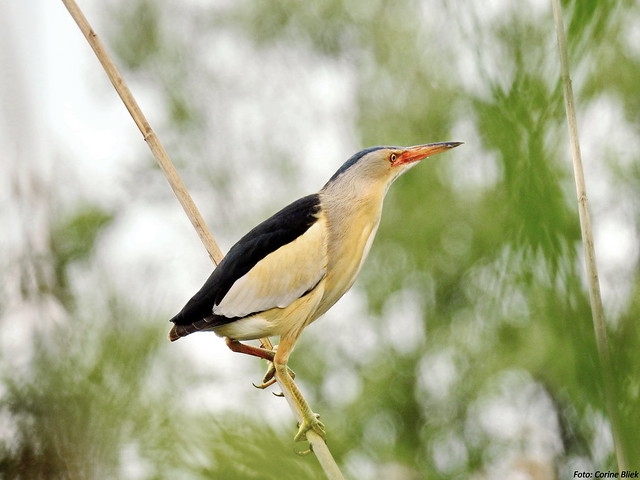There’s a rare word in Dutch – raar [raːr] – which is cognate with the English word rare, but means weird, strange, funny, odd or unusual.
It comes from the Middle Dutch rare (rare, unusual), from the Latin rārus (scattered, seldom, few, uncommon, thin, loose), from the Proto-Indo-European *h₁r̥h₁rós, from *h₁reh₁- (to separate) [source].
Here are some examples of how it’s used:
- Ik heb een raar telefoontje gehad = I got a weird phone call
- Want je doet een beetje raar = Because you’ve been acting a little weird
- Dit is vast gewoon een raar misverstand = I’m sure it’s just a weird misunderstanding
- M’n leven is nu nogal raar = My life is kind of, like, a little weird right now
- Luister, dit gaat raar klinken … = Look, this is going to sound strange …
Source: Reverso Context
The Dutch words for rare include zeldzaam [ˈzɛlt.saːm] (rare, scarce), which is cognate with the Engish words seldom and seldsome (rare, uncommon), and schaars [sxaːrs] (scarce, rare, sparse), which is cognate with the Engish word scarce [source].
The English word rare comes from the same root, via the Middle English rare [ˈraːr(ə)/ˈrɛːr(ə)] (airy, vacuous, porous, breathable, sparsely spread, uncommon, scare, small, little), and the Old French rare/rere (rare, uncommon) [source].
Other descendants of the Latin word rārus include:
- Albanian: rrallë [raːɫ] = sparse, infrequent, rare, outstanding
- Catalan: rar [ˈrar] = rare, strange, odd, thin (of a gas)
- Danish: rar [ʁɑːˀ] = pleasant, kind, nice
- Dutch: raar [raːr] = weird, strange, funny, odd, unusual
- French: rare [ʁɑʁ] = rare, sparse, scarce
- German: rar [ʁaːʁ] = rare, scarce
- Spanish: raro [ˈraɾo] = strange, odd, rare
- Swedish: rar = cute, sweet, loveable, rare
So rare, and its relatives, are strangely funny, wiredly unusual, outstandingly odd, loveably cute, nicely sweet, sparsely scarce and oddly rare words, it seems.
Now here’s a rare bird, a little bittern or Ixobrychus minutus:
